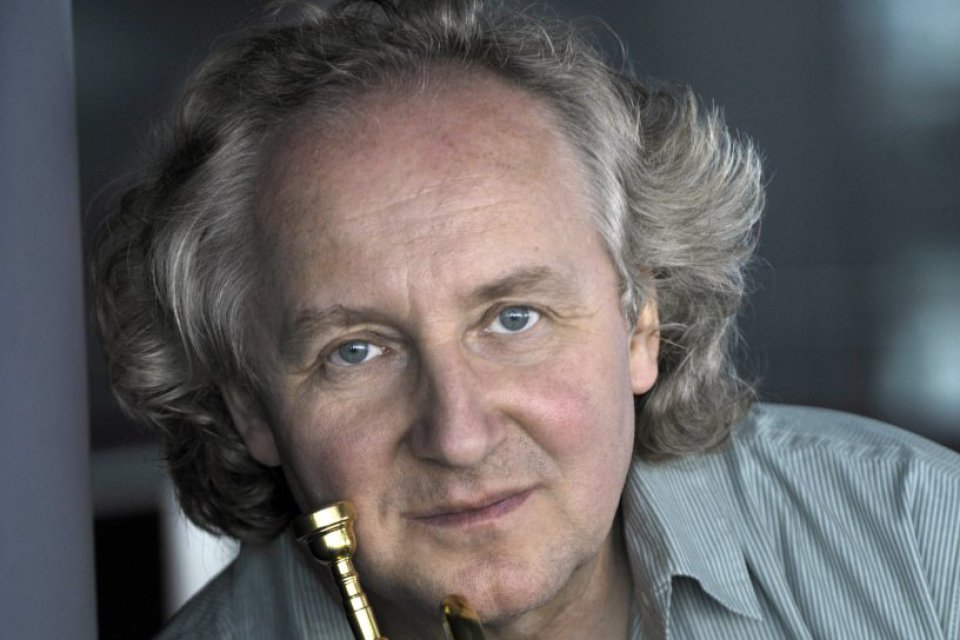DIS-COVER | a Dialogue with Tehila Hakimi
The first in a series of conversations between literary scholars and scientists will feature two writers with a background in science:
Tehila Hakimi, writer and poet, with a degree in mechanical engineering, won the Bernstein Literature Award for 2015 and the Prime Minister’s Prize for Hebrew Literary Works 2018, and whose latest book Shooting in America has been received critical acclaim, will be in conversation with Alex Ben-Ari, poet, translator and editor, graduate of the Department of Mathematics and Computer Science at Bar Ilan, winner of the 2014 Ditzni Prize for Poetry, and whose latest book of poems, Tchi, was published a few months ago. They will discuss poetry and prose, discovery and inspiration, and what has to be peeled off or removed in order to discover and invent.
The audience is invited to participate. The meeting will be held under the auspices of the the Braginsky Center for the Interface Between Science and the Humanities








